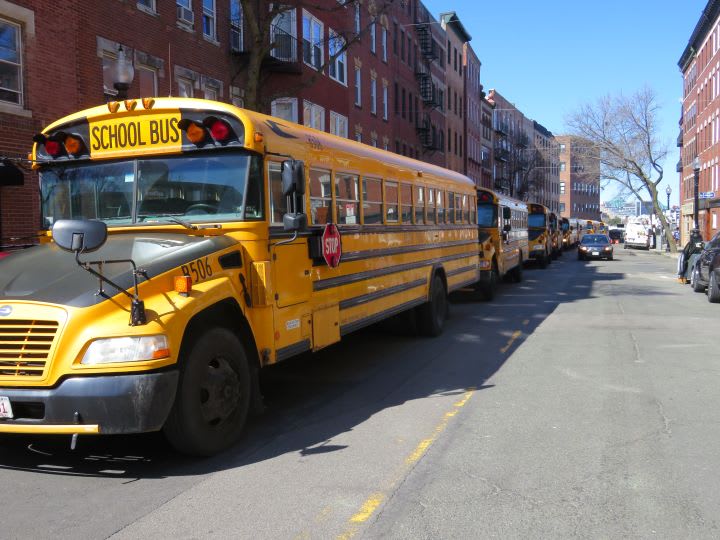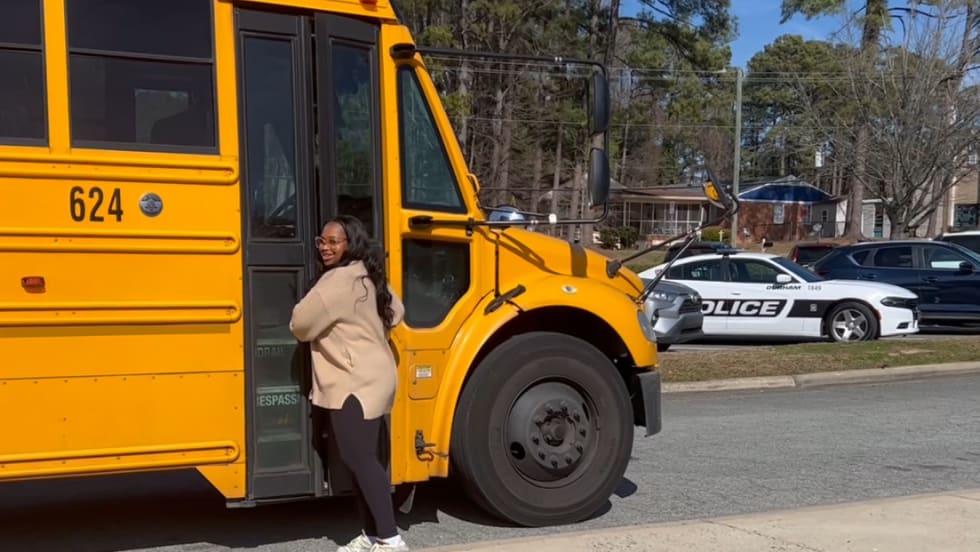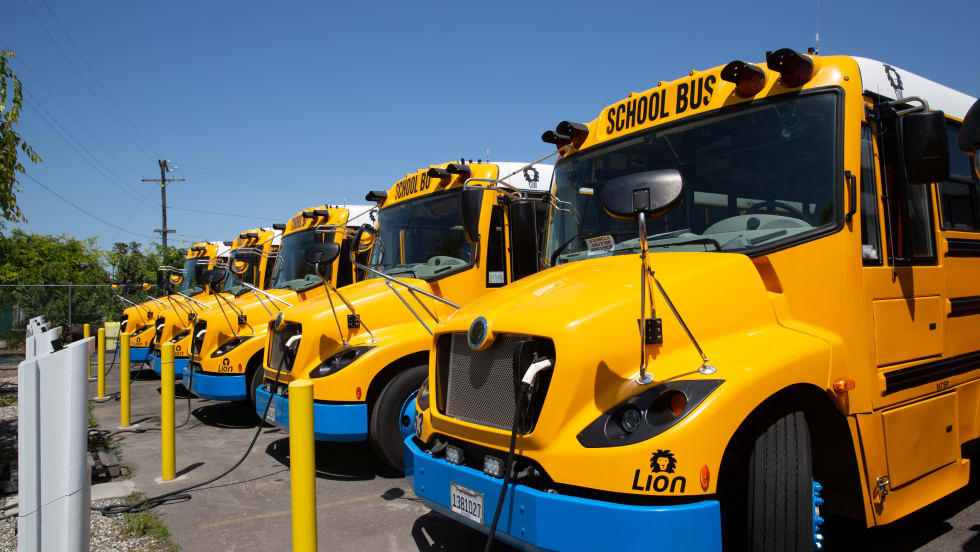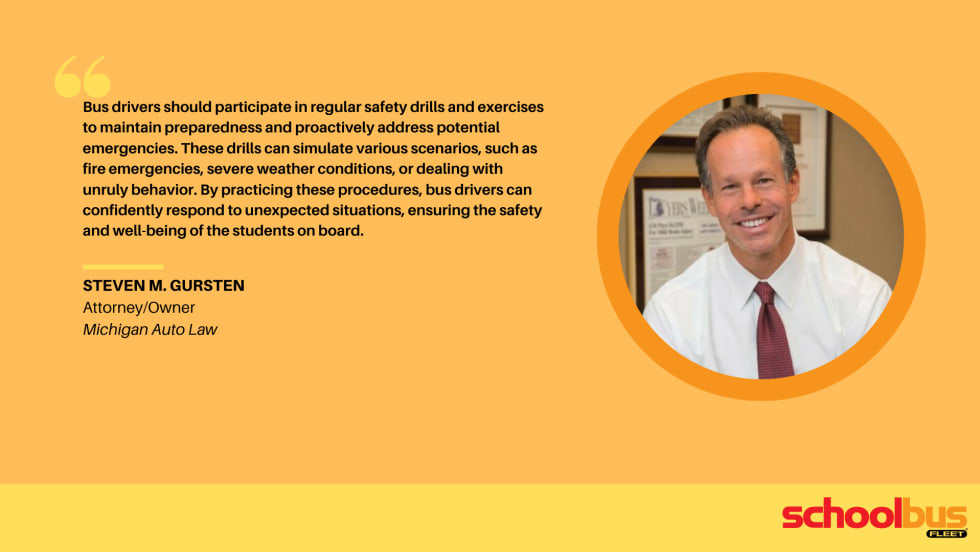Let’s face it: not everyone takes on a role in transportation with a career goal of being a leader. Maybe you had no intention, but you have that inherent “leadership gene” that others noticed, or you were indirectly regarded as a leader and didn’t even know it. Perhaps you were a school bus driver or garage manager. Before you knew it, you’ve been thrust into the director of transportation role when that longstanding, successful leader retired.
This is your ship now, but what do you need to do to become successful sailing into this new role? You will have many questions and need to ensure a plan is in place to maximize your success and develop your leadership style, and the first 30-40 days are key. After all, your leadership will be foundational to ensure the safe transport of students so they can learn every day.
Where should you start?
Know Your Staff
Introduce yourself and get to know your staff as people first. Know what they manage and review job descriptions to clarify your understanding. This will help paint a full picture of your transportation and service operation. More importantly, if you work with union contracts, awareness of job duties will inform your knowledge before you ask someone to complete a task that might not be theirs. When you get to know your staff and the developing relationships, you’ll have that investment in the emotional bank account when an emergency occurs or when you need extra assistance.
Start with Immediate Needs
Identify anything pressing that must be taken care of right away. Engage your direct supervisor and perhaps the superintendent to gain additional insights. If the former leader is available, identify any unfinished business and learn where the landmines are. Open office hours for all transportation staff and scheduled time with your immediate staff will help you identify what other hot button issues need resolution, and a few quick wins and closure are a great way to get started.
Get to Know Your Budget Thoroughly
Drill down into detailed budget reports and pull four full years to review trends. This task will also help you forecast what you might need to run a functional department. COVID significantly altered expenses over the last few years, so look closely at the pre-COVID years and then review this year with its increased insurance, fuel, and parts increases. Meet with the fiscal staff, ask a lot of questions, and take many notes. Read articles and reviews in the field that can provide more insights into budget management. Finally, identify someone else in the district who has a reputation for strong budget oversight and seek that mentorship.
Listen, Listen, and Listen Some More
Remember you don’t know everything, and you’re not supposed to know everything: it takes a team to build a great department. Ask questions like “What can I do to help reduce stress” which will provide invaluable insights into any dysfunctions in the department. You want to start building that level of trust with your staff that they can come to you with anything that they may have an issue with or any suggestion that may help the department run smoother. Consider creating an anonymous email or tip line where employees that normally would not speak up or are introverts are able to do so in a safe way, and this polling the crowd enables you to get a wide range of ideas and insight into their needs. Finally, try to end conversations with “is there anything else I can do to support you?”
Become a Student of the Business
Even though you may have been in retail, an auto shop, or even a bus driver trainer back in the day, your business has now shifted to student transportation and safety. Become an expert in the business and learn the intricacies of the rules and regulations of your state. Enroll in a specialized training or academy program taught by practitioners in the field who have been there and done that. Not only will you begin to master the true tricks of the trade, you will establish a professional network when you have a question or when new regulations need implementation. If you are not a state certified instructor, give this option strong consideration, as the foundational knowledge will be essential to deep understanding of the regulations for school bus transportation.
As you transition into your new role, these strategies will help focus your work, build relationships, and provide a solid foundation to support students. In some districts, transportation is an afterthought. However, under your leadership, this style will be noticeable and your successful tenure much more likely. Finally, the importance of student transportation will be at the forefront of district conversations and decision-making.
About the Authors: Cristian Lepe is the transportation coordinator in the Mt Diablo (Calif.) Unified School District and CASBO’s Magnificent 7 Award Winner, Northern Section. Dr. Lisa Gonzales is the district’s chief business officer and the Association of California School Administrators’ 2022 Business Leader of the Year.













